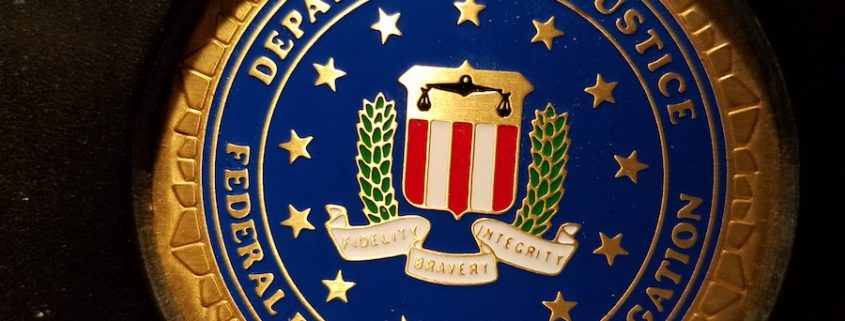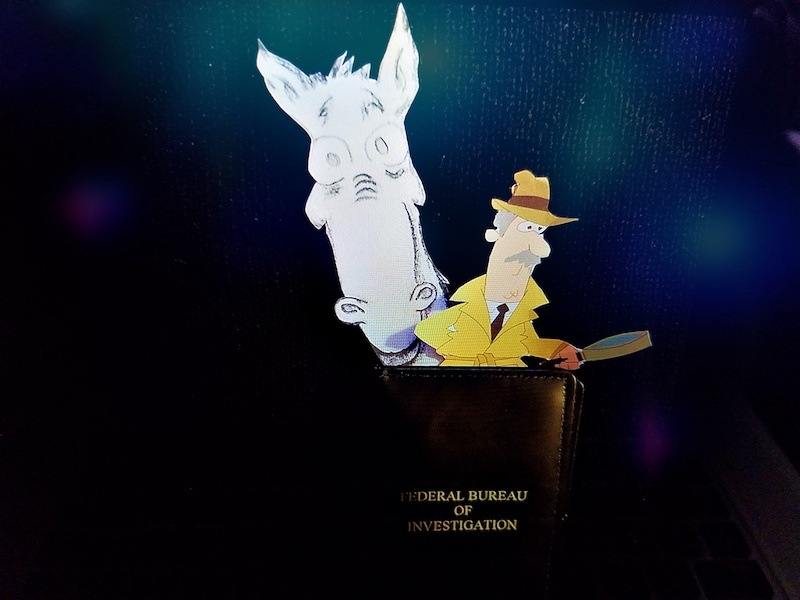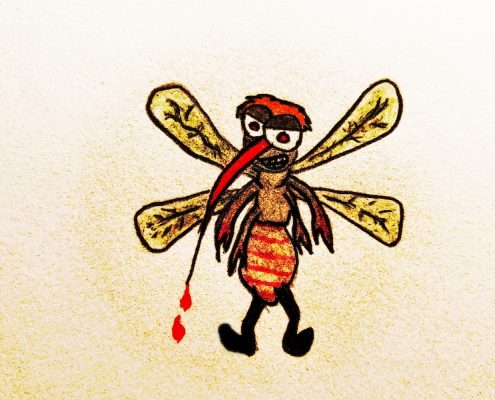Developmental Editing from an Agent’s Point of View, & Query Letters, and Agent Submission Tips
Instructor: Andrea Hurst, literary agent and editor
Registration – FREE
When: May 18, 2024 at 1 P.M. EST
Where: Writers’ Police Academy Online
*Click here to register – Developmental Editing
Crafting Fiction That Sells–An Agent’s Point of View
There are areas fiction authors often overlook when writing and selling their novels. One is to underestimate the importance of developmental editing.
A polished and professionally crafted manuscript has a higher chance of success during the pitching process. When an agent reviews a book for possible representation, they assess the quality of the writing and the intensity of the story, as well as the potential for it to sell to publishers. Whether you have just started writing your novel or memoir, are ready to seek an agent or publisher, or plan to self-publish, your manuscript must hook readers from the first page, and keep their attention through the last.
In this class, taught from a publishing professional’s point of view, Andrea discusses what a developmental edit covers and how it helps authors polish their manuscripts. Additionally, she shares developmental editing tips to create the strongest manuscript to compete in the commercial marketplace of Crime Fiction.
This type of edit is very effective for addressing the literary content of a manuscript, from finding plot holes, fixing structure, and fleshing out character arcs, to making sure your book fits the target market and genre.
This session also covers writing an effective query letter and the process of pitching an agent.
About Andrea Hurst

Andrea Hurst is the Founder and President of Andrea Hurst & Associates Literary Management. As a literary agent and developmental editor, Andrea brings over 25 years of experience in the publishing industry. She has worked with major publishers, both domestic and international. Overall, her focus is to help authors polish their book, obtain publication, and build their author brand. Some of her clients include bestsellers such as Dr. Bernie Siegel, Boo Walker, Marc Edelheit, Hannah Jayne, Penny Warner, Ashley Farley, Chef John Ash, and Suzanne Kelman. Her clients and their books have appeared on the Oprah Show, Ellen DeGeneres Show, Good Morning America, National Geographic Network, Amazon Charts, and in the NY Times.
Andrea began her career in the entertainment business working in product development and marketing with Columbia Records, but eventually found her passion in book publishing. She teaches classes at writing conferences and MFA programs, offering valuable insight as an agent, editor, and author of ten books, both in fiction and nonfiction. Her most recent novel, House of Dreams, releases in April 2024.
Andrea’s Manuscript Wishlist:
I am currently seeking well-crafted, commercially viable fiction titles. My preferred genres are women’s fiction, upmarket and book club fiction, domestic suspense/thrillers, family drama, psychological suspense, crime fiction, historical fiction, rom-com, and romance. I am always open to working with underrepresented voices and stories.
- Crime novel that plays games with the psyche – no police procedurals
- Rom-com with a diverse set of characters and an idealistic setting (like novels by Abby Jimenez)
- In terms of literary fiction, I am drawn to works like Beartown by Fredrik Backman, which contains strong character development, powerful themes, and overcoming both internal and external conflicts.
- Historical fiction set in the Georgian era (Austen’s time), Gilded Age, or early 1900s like Downton Abbey and WWII.
- Contemporary romance with strong tropes and series potential.
- Fast-paced, twisty domestic suspense (like novels by Freda McFadden or Harlan Coben)
- Atmospheric, high-conflict, high-stakes thriller similar to The Guestlist by Lucy Foley
- Dramatic thrillers with family dynamics similar to The Last Thing He Told Me by Laura Dave
- Psychological suspense with a surprise ending like The Plot by Jean Hanff Korelitz
- Anything along the same vein as the series The Morning Show or Defending Jacob on Apple TV+
- As always, I’m enthralled by stories that challenge me, where the mystery is seemingly impossible to figure out, and the reader never knows the truth until the very end. However, believability is of utmost importance.
Please keep in mind, I am not a right fit for titles that deal with espionage, the military, explicit gore or carnage, high-fantasy or sci-fi, erotica, poetry, young adult, or middle-grade.
Visit Andrea’s website at www.andreahurst.com











